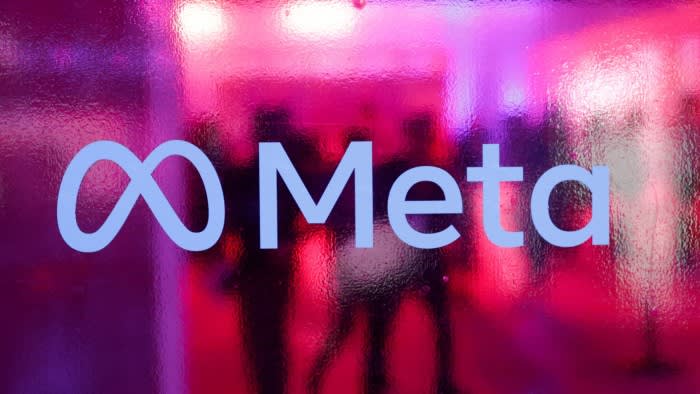Unlock the Editor’s Digest for free
Roula Khalaf, Editor of the FT, selects her favourite stories in this weekly newsletter.
Meta has fired about two dozen staff in Los Angeles for using their $25 meal credits to buy household items including acne pads, wine glasses and laundry detergent.
The terminations took place last week, just days before the $1.5tn social media company separately began restructuring certain teams across WhatsApp, Instagram and Reality Labs, its augmented and virtual reality arm, on Tuesday.
The revamp has included cutting some staff and relocating others, several people familiar with the decisions said, in a sign that chief executive Mark Zuckerberg’s recent efficiency drive is still under way.
Like most Big Tech companies, Meta offers free food to employees based out of its sprawling Silicon Valley headquarters as a perk. Staff based in smaller offices without a cafeteria are offered Uber Eats or Grubhub credits, for example, for food to be delivered to the office.
Staff are given daily allowances of $20 for breakfast, $25 for lunch and $25 for dinner, with meal credits issued in $25 increments.
Those who were fired were deemed to have abused the food credit system over a long period of time, said one person familiar with the matter. Some had been pooling their money together, they said, while others were getting meals sent home even though the credits are intended for the office.
Those who only violated the company rules on occasion were reprimanded but not terminated, the person added.
In one post on anonymous messaging platform Blind, seen by the Financial Times, one former Meta staffer wrote they had used $25 credits on items such as toothpaste and tea from the pharmacy Rite Aid, adding: “On days where I would not be eating at the office, like if my husband was cooking or if I was grabbing dinner with friends, I figured I ought not to waste the dinner credit.”
The person, who indicated they had a salary of about $400,000 at Meta and worked “nights [and] weekends”, wrote they had admitted to the oversight when human resources investigated the practice, before later being unexpectedly fired. “It was almost surreal that this was happening,” the person wrote.
Meta declined to comment on the firings.
However, the company said of the wider lay-offs: “Today, a few teams at Meta are making changes to ensure resources are aligned with their long-term strategic goals and location strategy.”
It added: “This includes moving some teams to different locations, and moving some employees to different roles. In situations like this when a role is eliminated, we work hard to find other opportunities for impacted employees.”
Zuckerberg announced about 21,000 job cuts in two rounds of lay-offs in 2022 and 2023, dubbing the latter a “year of efficiency”.
He also cancelled low-priority projects in an attempt to boost sluggish growth and alleviate investor concern over his costly bet on the metaverse.
Wall Street has welcomed the cuts together with a renewed focus on artificial intelligence. The company’s shares are now trading around all-time highs of $577 each.


